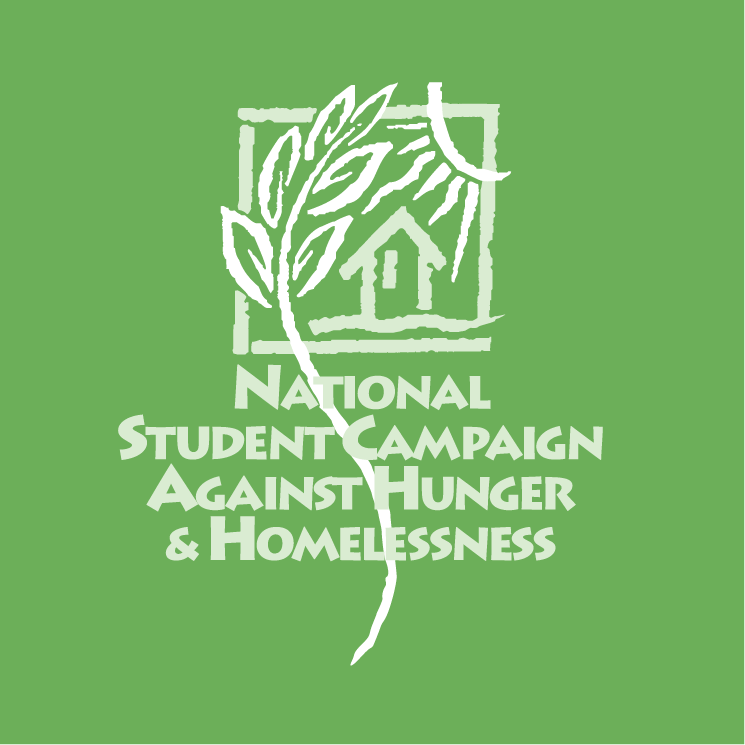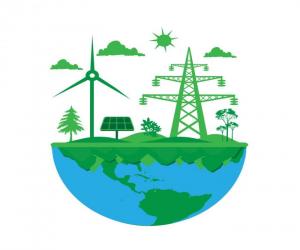Although busyness has been a trend throughout the weeks of this winter quarter, this week was a particularly long one. Between preparing to lead seminar and make lunch, and the Washington Higher Education Sustainability Conference, not to mention squeezing in time for research and blog-related activities, it is fair to say I am cooked. (Pun intended.)
I feel like every time I think I’ve found all of the academic research available regarding food insecurity on college campuses, I stumble upon another set of resources. This week I found the study to trump all other studies.
Research:
Hunger on Campus: The Challenge of Food Insecurity for College Students brought me both new information, and confirmation of trends I had already seen. A few key findings include:
Out of 3,765 students from 34 different colleges in 12 different states, 48% were found to be food insecure.
“Students with campus meal plans are not immune to food insecurity.”
“Most food insecure students receive financial aid.”
“Utilizing assistance programs does not eliminate food insecurity.”

Retrieved from http://4vector.com/free-vector/national-student-campaign-against-hunger-homelessness-55130
This study also included an analysis of possible solutions or programs that colleges could implement – most of which are already present to varying extents on the Evergreen campus. These include:
“…the creation of campus food pantries, campus community gardens, food recovery programs, and coordinated benefits access programs.”
Another important piece of indirect information I gleaned from this study was the national alliances and organizations dedicated to this issue. The four entities that conducted this study were:
College and University Food Bank Alliance
National Student Campaign Against Hunger and Homelessness
Student Government Resource Center
Student Public Interest Research Groups
WAHESC:
Most of my week was spent participating in and presenting at the Washington Higher Ed Sustainability Conference in Spokane. I posted some photos here.
Although it was very rewarding being able to share about Evergreen’s experience with the Real Food Challenge, and finding that compared to other schools, Evergreen is leading the way towards a better food system, there were a few lessons I took from being just an attendant at the conference.
Being that this was a higher-ed sustainability conference, there were a lot of student activists and leaders in attendance making great strides in the realm of sustainability and social justice issues. But although there is a lot of passion and action being done on college campuses, a problem that every student looking to make a difference faces is the issue of legacy. I’ve found this to be an issue regarding right now at Evergreen. The Aramark Sustainability Intern, the intern that runs the Thurston County Food Bank Satellite, and my very own co worker and Chair of the Food Systems Working Group are all seniors graduating this Spring. This becomes an issue when trying to implement long term solutions or projects on campus, and frankly, I am stressing out about it.
Laura, a Real Food Calculator herself, as well as a junior at Gonzaga, led a breakout session regarding “empowering rather than engaging” student who want to get involved. She highlighted some strategies that I found useful.
- Encourage students to support each other: Future student leaders in student movements are made from building connections.
- Make a day of it: Don’t be afraid of larger commitments in order to make events meaningful and all encompassing.
- Show the results: What has already been done? What are you doing? What are your goals? It is important to share these in the form of videos, pictures, or outreach to students but also faculty and staff so that future students can build on current projects rather than reinvent the wheel.
Another question I was contemplating was “What is sustainability?” Although I attended a whole conference with sustainability as the theme, no one bothered to define it. This was an issue for me, because sustainability means something different to everyone. For some it means zero net waste, renewable energy, decreasing climate impact generally, and for some it’s the dictionary definition of “the ability to be maintained at a certain rate or level.”
A lot of the presentations, from waste management to renewable energies, approached sustainability from a climate change perspective. But for me, the economic aspect of sustainability is just as important and I left feeling like that aspect was lacking.
I couldn’t help but think about my ILC, a project that is dedicated to assessing the economic sustainability of the food system on college campuses, and searching for methods to mitigate or offset the costs of having a relatively “green,” “real,” or “sustainable” food system.
Moving forward, I am going to prioritize finishing up my research and begin to compose my final paper, assessing all of the knowledge and experience I’ve acquired over the past six weeks.



Leave a Reply